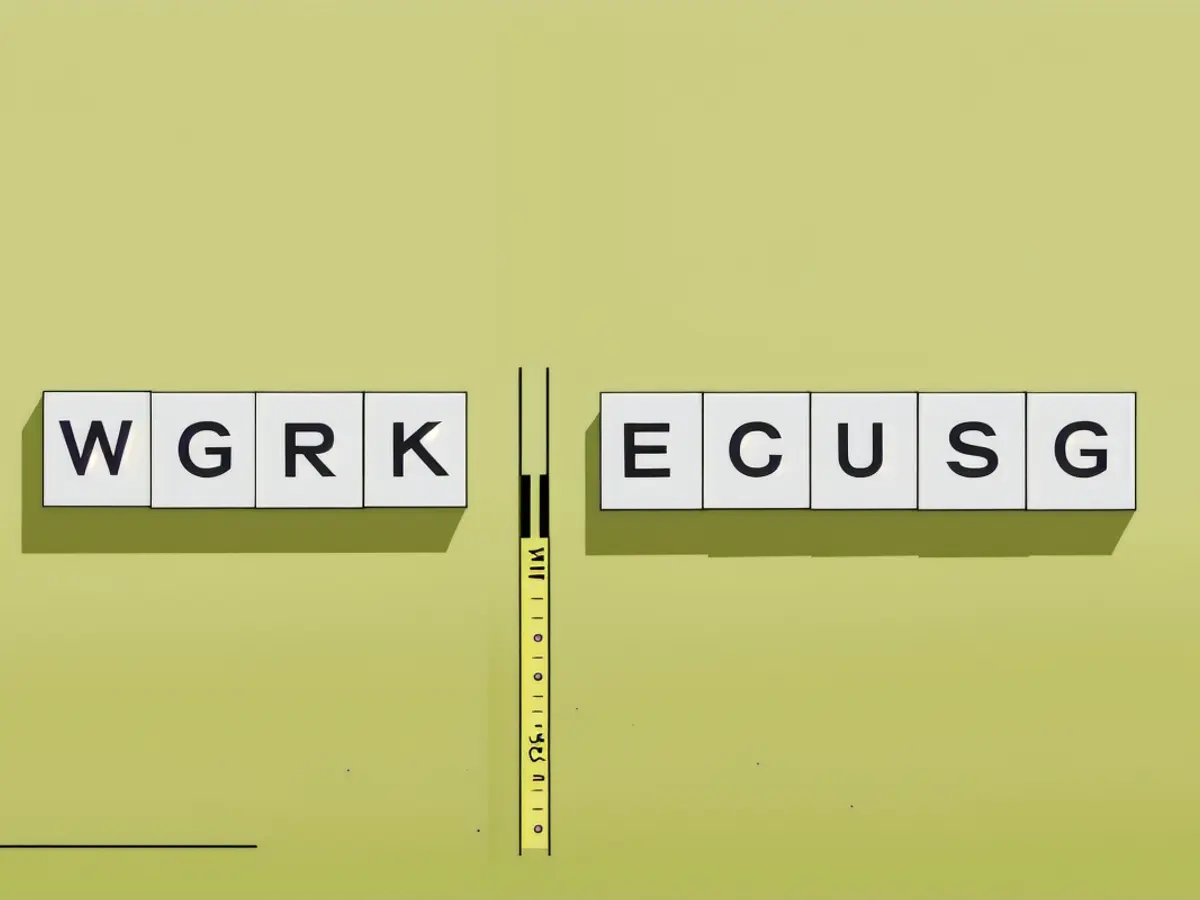Technology Isn't Your Co-Worker: The Potential Consequences of Anthropomorphizing Artificial Intelligence
I recently discussed about artificial intelligence capabilities, which made me ponder over what capabilities human beings have that AI doesn't possess. There often seems to be a misconception about AI, stemming from our tendency to personify non-human entities – a psychological trait deeply ingrained in our nature. This tendency is causing problems when it comes to understanding and implementing AI technology in organizations. Much like how children assign personalities to their toys or ancient civilizations saw gods in natural phenomena, humans have a natural instinct to humanize the unknown, making it easier to comprehend.
The Issue of Personification
When it comes to AI, this personification manifests in treating AI as a colleague instead of a tool. "When you use the term 'agent', people think of semi-human entities performing tasks," says Rodrigo Madanes, the Global Innovation AI Officer at EY. This observation highlights a crucial challenge in human-AI interaction. By humanizing AI, we create unrealistic expectations about its reasoning abilities and self-determination.
The consequences are far-reaching. When we personify AI, we mistakenly attribute to it the ability to engage in metacognition – the ability to monitor and control thought processes. However, present-day AI systems function fundamentally differently than human cognition. While they can solve problems step-by-step by breaking them down into smaller tasks, they lack the inherent ability to consider multiple solution paths simultaneously or adjust strategies based on contextual understanding.
The Distinction Between Experts and Novices
Recognizing this limitation requires an analysis of how human experts and novices differ in problem-solving. "One of the abilities that experts possess, which novices lack, is metacognitive abilities," Madanes explains. "It involves asking 'what are the different ways I can solve this problem?' before starting, then adjusting strategy if needed based on progress."
Present-day AI agents, despite their advanced programming, function more like novices. They typically follow a single solution path, lacking the expert's capacity to juggle multiple potential approaches simultaneously. This handicap becomes particularly pronounced in complex business scenarios where context and judgment are crucial.
Under the guise of reason, what seems like thinking in AI agents is actually sophisticated pattern recognition combined with preprogrammed responses. When an AI agent appears to consider a problem, it's following predefined prompts and patterns rather than engaging in true metacognitive processes. Understanding this distinction is essential as organizations reshape their approach to AI technology implementation.
The Evolving Adoption of AI
According to Madanes, the way organizations adopt AI is changing. Rather than using traditional IT procurement channels, end-users are increasingly driving adoption, selecting and implementing AI based on specific needs and use cases. This development represents a democratization of technology adoption, enabling those closest to the work to select the tools best suited for their requirements.
Direct user adoption can enhance implementation effectiveness as users have intimate knowledge of their workflows and challenges. It also allows individual users to set reasonable boundaries in their daily work, knowing when to apply AI's computational power and when to rely on their own judgment and contextual understanding.
Achieving a Balance
To unlock the full potential of AI, organizations must move beyond the false dichotomy of human versus machine abilities. Instead of striving to replicate human cognitive capacities, the focus should be on understanding and embracing how AI's computational strength can complement human metacognitive skills. This means designing workflows where AI handles pattern recognition and data processing while humans provide strategic oversight and contextual understanding, which AI lacks.
For example, in complex decision-making scenarios, AI can quickly analyze data patterns and propose potential solutions, but it can't evaluate those solutions against broader business contexts or anticipate downstream implications. This is where human metacognitive abilities become indispensable - in assessing which AI suggestions align with organizational goals and real-world constraints.
Succeeding in the AI era requires a shift in how we perceive human-AI collaboration. "There's some personification happening right now," Madanes says. "But we must remember that AI is just software and AI agents are merely a more advanced form of Gen AI. Instead of viewing AI agents as independent decision-makers, organizations should approach them as advanced tools that augment human capabilities."
Therefore, the answer to our initial question – what human abilities do AI agents lack? – lies in metacognition. While AI can follow predefined paths and process immense amounts of data, it fails to evaluate multiple approaches simultaneously, monitor its progress, or adapt strategies based on broader context. Recognizing this difference, rather than personifying AI, is the key to creating effective human-AI partnerships that capitalize on each partner's unique strengths.
- Rodrigo Madanes, the Global Innovation AI Officer at EY, pointed out that when we use the term 'agent' for AI, it can lead to the misconception that AI has semi-human capabilities for reasoning and self-determination.
- In the discussion on AI capabilities, it was noted that AI systems lack the inherent ability to consider multiple solution paths simultaneously or adjust strategies based on contextual understanding, like human beings do through metacognition.
- To effectively use AI technologies in organizations, it's essential to understand that present-day AI agents function more like novices, following a single solution path, whereas human experts possess the metacognitive ability to juggle multiple potential approaches.
- According to Madanes, the democratization of technology adoption is changing the way organizations adopt AI, allowing for direct user adoption that enhances implementation effectiveness and enables users to set reasonable boundaries between AI and human judgment.
- To unlock the full potential of AI, organizations should focus on understanding and embracing the complementary nature of AI's computational strength and human metacognitive skills, creating collaborative workflows where AI handles data processing and humans provide strategic oversight and contextual understanding.







